When Eddy Zheng travelled to Cambodia in 2019 with an attorney and some community organizers to hear stories of people formerly incarcerated in the U.S. then deported to the Southeast Asian country they hardly knew, he thought the trip would be purely educational.
But right away the founder of New Breath Foundation realized his newly formed organization could offer immediate help.
“This one guy we interviewed, we realized he didn’t know he was an American citizen, and he was wrongly deported to Cambodia due to criminal activity,” said Zheng, who himself was formerly incarcerated as an adult at age 16, 4 years after immigrating to the U.S. from China. “This guy has 3 children in Fresno, and we were able to help him come back and be reunited with his family.”
Zheng said the story is an example of the oftentimes poor understanding Asian American and Pacific Islander communities have of their rights in the criminal and immigration systems.
New Breath Foundation, which advocates for Asian American and Pacific Islander immigrants, refugees, deportees, and incarcerated individuals, and survivors of violence, is one of 9 in Northern California that recently received a $100,000 Kaiser Permanente grant to help advance the civil and human rights of Asian Americans and Pacific Islanders, combat xenophobia, and increase reporting of crimes against Asian Americans.
For a complete list of all 9 Northern California grant awardees and their web sites, click here. The Northern California grants are part of $5.4 million Kaiser Permanente has awarded to organizations nationwide for the same purpose.
Zheng said he will use the Kaiser Permanente grant to focus on racial solidarity and cross-cultural understanding among underrepresented and historically marginalized communities and to promote restorative justice as an alternative to incarceration.
Countering cultural stereotypes
Both Ed Chan, senior vice president and area manager of Kaiser Permanente in the East Bay, and Zheng agreed that Kaiser Permanente’s funding spotlight will help counter cultural stereotypes that promote Asian Americans as exclusively wealthy and academically successful. The funding also will help those in the community affected by racist attacks speak up and exercise their rights.
Chan, whose parents emigrated from China in 1969, said, “There’s this notion of the ‘model minority,’ we’re super hard working and we lead super successful lives, but here in the East Bay, we are among some of the most economically disadvantaged in the community and are below the poverty level many times.”
Asian Americans and Pacific Islanders are “not this monolithic group that doesn’t need resources because some of us are successful,” added Zheng. “That’s what people don’t understand. Many of us are refugees with nothing.”
Not only will funding help change perceptions about Asian Americans and Pacific Islanders, it will help them understand that they have rights, especially when it comes to hate crimes.
“My parents’ mantra to my sisters and me when we were growing up was to keep your head down, fit in, and don’t make waves,” Chan said. “This is the moment in time when we need to look inward and say, ‘this violence and discrimination is not OK.’”
The more victims are encouraged to speak up, the more help their communities will get in terms of resources to help them, said Zheng.
“We need to encourage monolingual Asian Americans to report crime and ask for culturally competent mental health services, too,” said Zheng. “A Chinese cultural response to being a victim of crime might be that it’s just bad luck. But we need to report crimes and show people what their rights are.”
When more people report crimes once they become victims, Zheng said, there is more data available to justify increasing resources, “and that’s when we begin to create opportunities for solutions to address violence.”
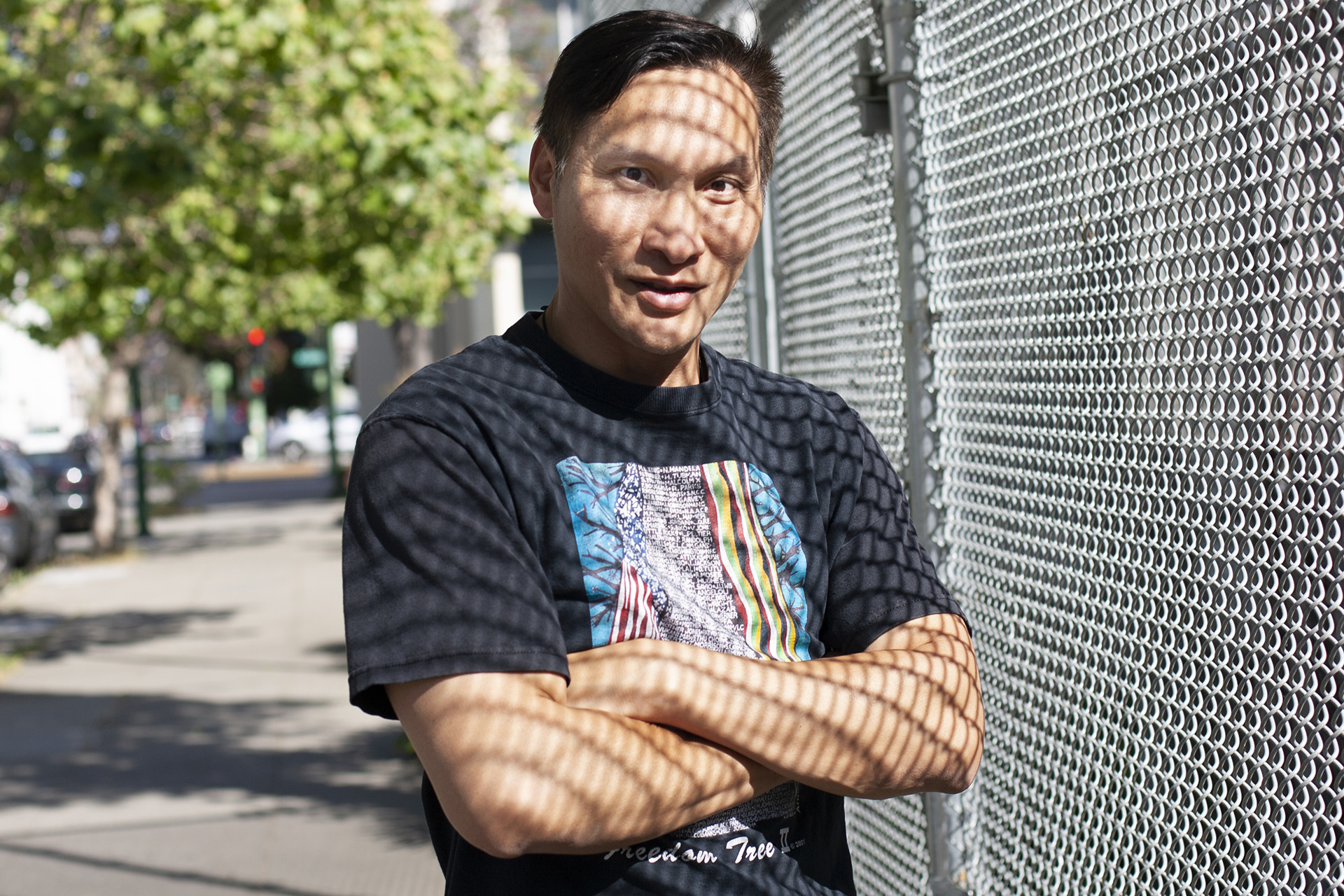
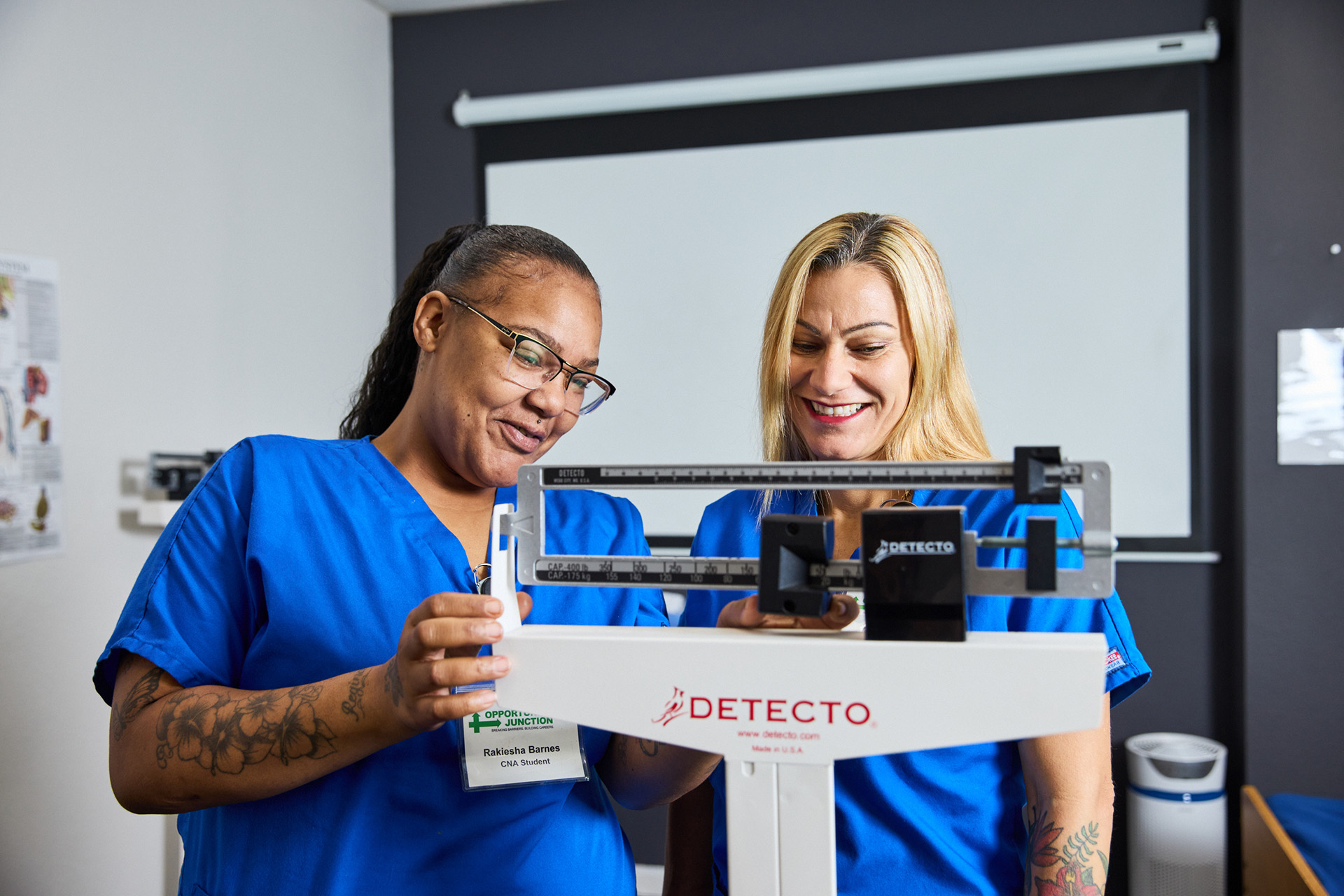
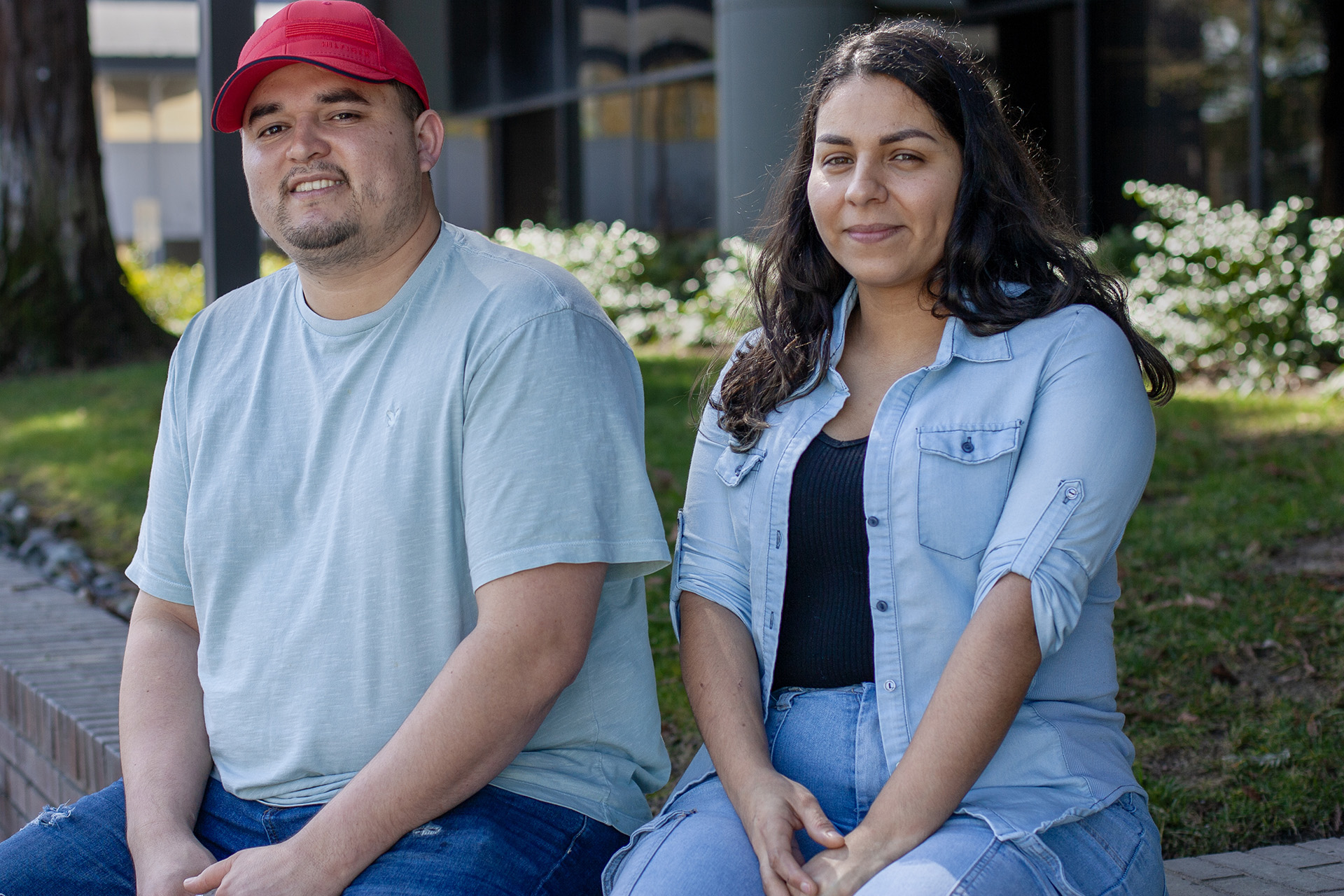
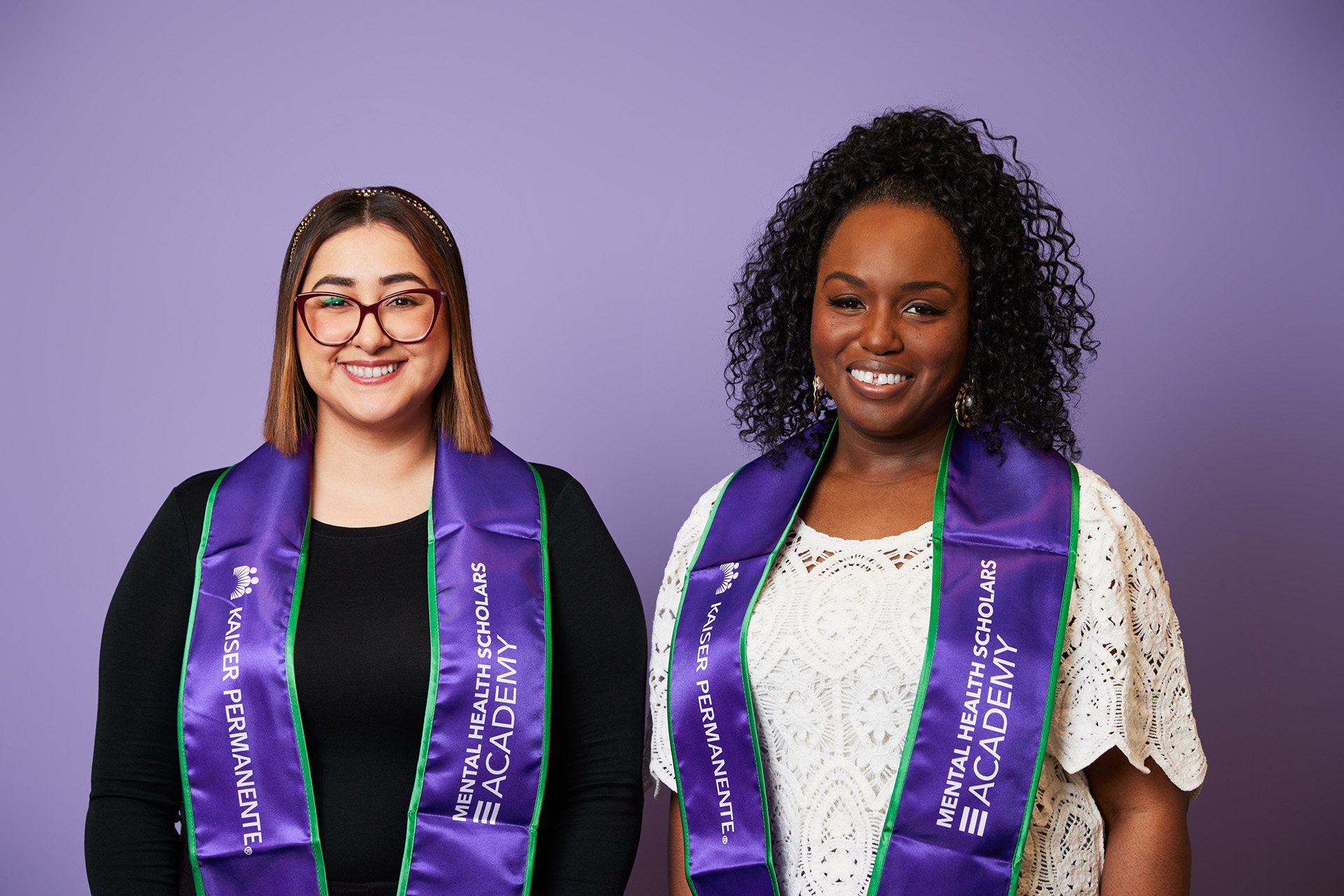
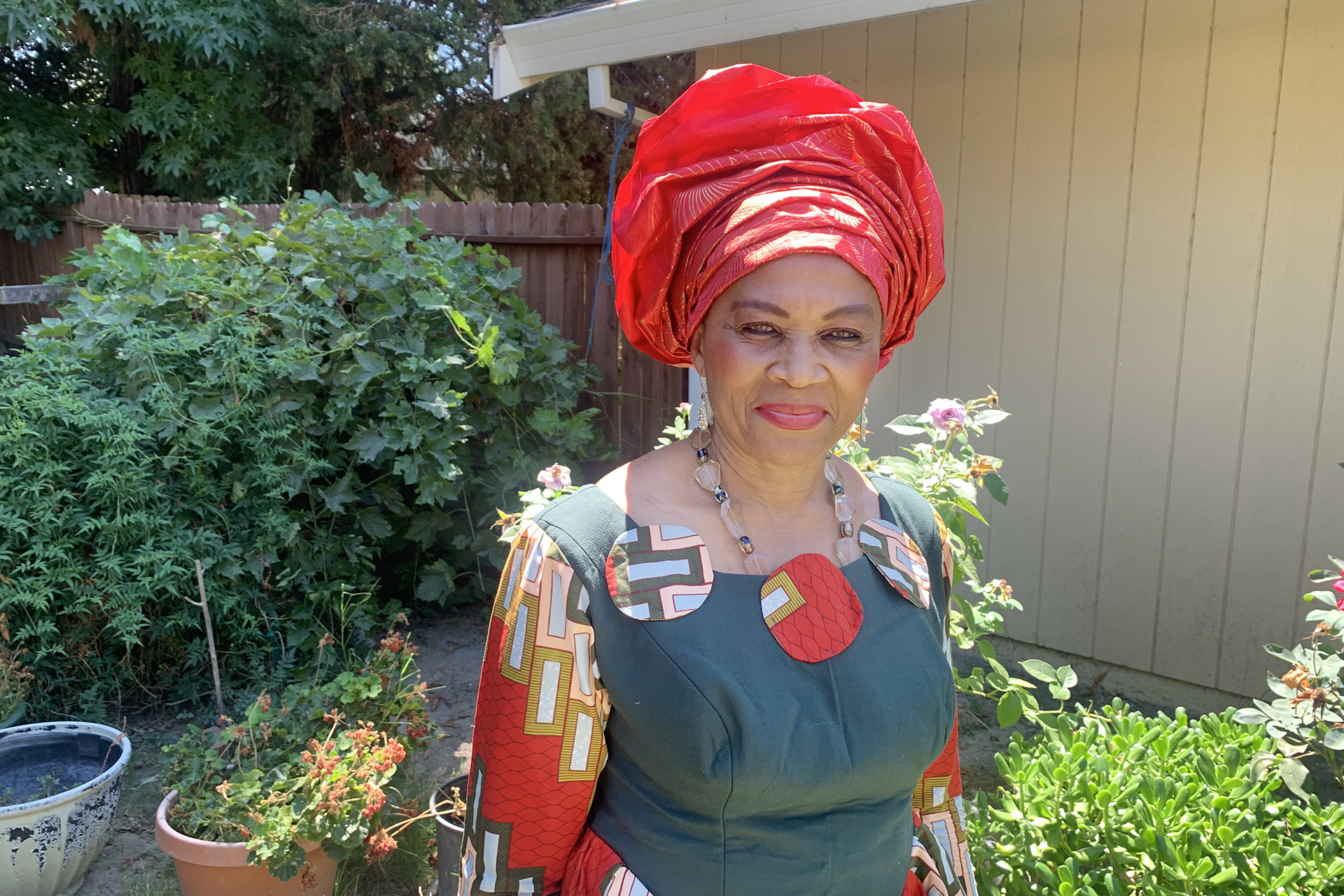
This Post Has 0 Comments